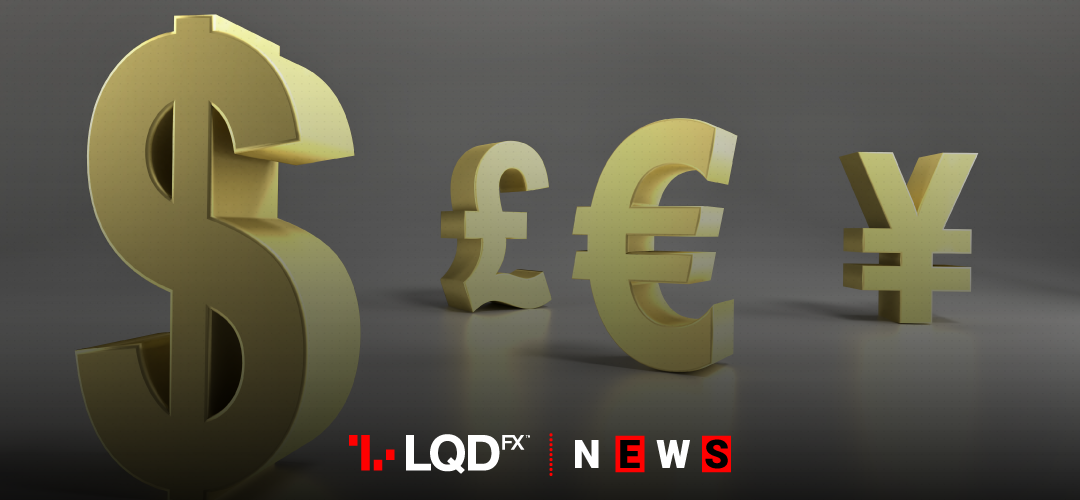The euro rose from a three-month low as hopes of progress in China-U.S. trade talks lifted risk appetite towards major currencies.
Even economic data showing Germany’s economy stalled in the fourth quarter of 2018 failed to pull the euro significantly lower in quiet trading. However, market analysts fear that U.S. President Donald Trump could turn his attention to European imports after China. He may impose tariffs on European automakers in the coming days, they afraid.
The United States is the main export destination of European Union cars, well ahead of China. The impact is significant especially for Germany, which has the biggest value added in exports of cars to the U.S.
Risk appetite grew after China reported dollar-denominated exports rose 9.1% in January from 2018 and imports dropped 1.%.
The British pound was the only laggard before a parliamentary debate on Brexit. Sterling extended losses, falling below $1.28 after reports government may lose Brexit vote.
START TRADINGForex – Commodities – Major currencies were lifted by risk appetite
The Australian dollar, a barometer for global risk appetite, was up 0.6% at $0.7132. Kiwi is on track for its best three-day rising streak so far this year.
The euro rose 0.1 percent to $1.1271 and just above a three-month low of $1.1248.
The pound fell more than 0.25% to the day’s low at $1.2806 before a parliamentary vote on Prime Minister Theresa May’s deal with Brussels. Sterling also fell 0.4 percent to 88.035 pence per euro after the media report.
Oil rises for third day as U.S./China trade, OPEC cheer investors. Brent crude futures were up 95 cents at $64.56 a barrel by 1007 GMT, down from a session high of $64.81. Further, U.S. crude futures rose 56 cents to $54.46 a barrel. Crude inventories rose for a fourth week in a row, by 3.6 million barrels, compared with forecasts for a gain of 2.7 million barrels.
Sources: Reuters, Investing, CNN money
PLEASE NOTE The information above is not investment advice.
